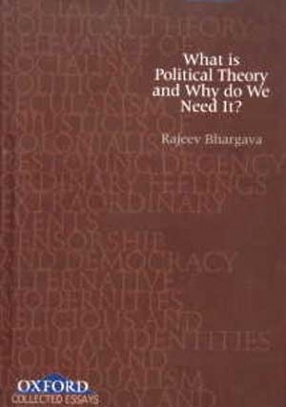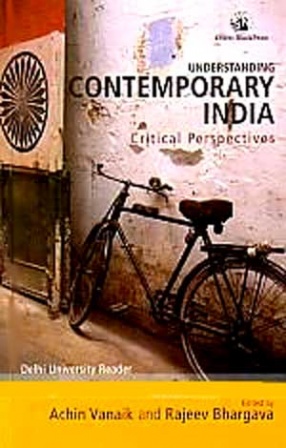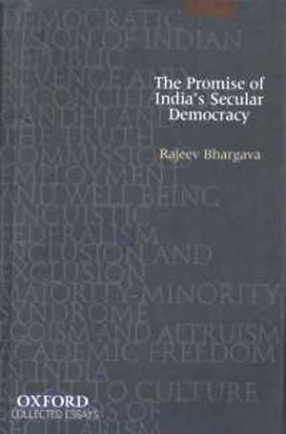"Political theory is widely seen in India as an esoteric inquiry unrelated to social and political practice and largely irrelevant to the urgent or enduring problems of our times. Contrary to this view, Rajeev Bhargava argues that it emerges from practices and has the potential to return to them–to stabilize, endorse, or challenge them. In this book, he explains the constitutive features of political theory and the pivotal role it can play in modern, pluralist societies.
Bhargava elucidates the conceptual structure of secularism, multiculturalism, and socialism, identifying which forms of each of these are worth defending and why. He shows how politico-moral reasoning can shape appropriate responses to the grave injustice of states and communities–colonialism, civil wars, massacres, acts of terrorism, and denials of freedom of expression. He opposes naive articulations of modernity and tradition and claims that some types of deeply religious and secular persons can come together against dangerously simple-minded believers and unbelievers. He also explores deeper issues in the philosophy of social science–individualism, ethnocentrism, teleology, social ontology, and the object like presence of social meanings.
This book brings an Indian flavour to a largely west-oriented political theory. Social scientists, political theorists, philosophers, and intelligent readers in both non-western and western societies must read it.






There are no reviews yet.